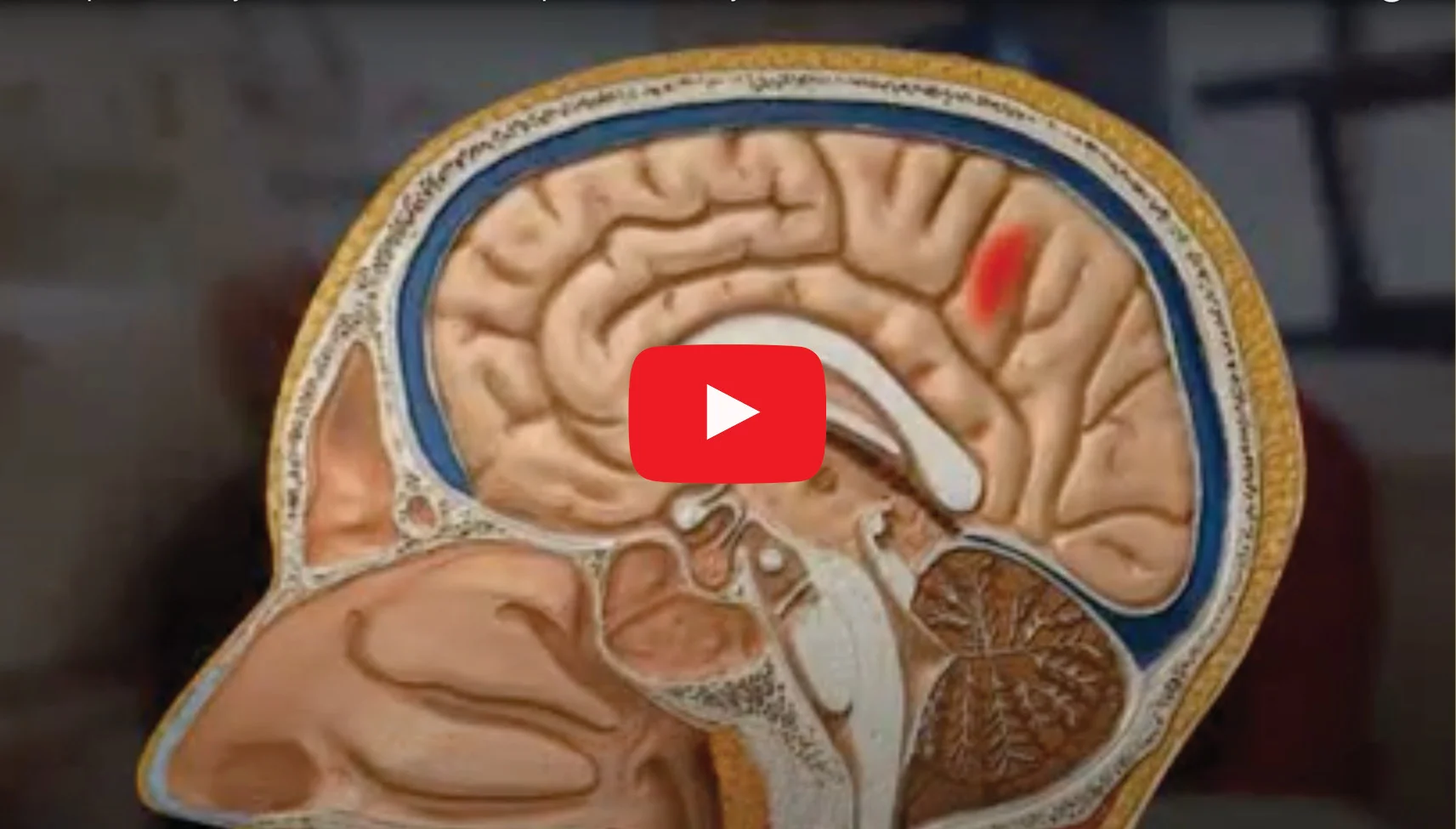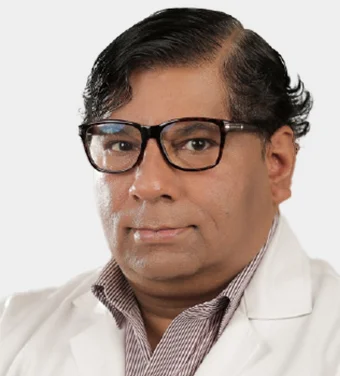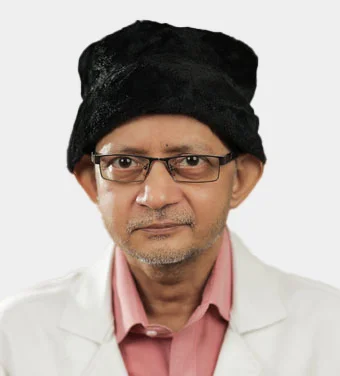
Discover a new chapter of vitality at IBS Hospital, where stroke survivors find tailored care and unwavering support. Our multidisciplinary team combines advanced therapies and personalized attention to guide patients towards recovery, renewed ndependence, and a fulfilling life post-stroke.
What is Stroke?
A stroke, also known as a brain attack, is a serious medical condition characterized by restricted blood flow to the brain. This lack of oxygenated blood can lead to the death of brain cells, resulting in various physical and psychological complications or disabilities. It is the second leading cause of mortality globally and the third leading cause of death and disability combined. Studies indicate that 1 out of every 4 adults above the age of 25 is at risk of experiencing a stroke in their lifetime.
What are the different types of Strokes?
A stroke can be broadly classified into three types:
- Ischemic Stroke: Caused by an artery blockage due to a clot, commonly observed in people above 60.
- Hemorrhagic Stroke: Caused by uncontrolled bleeding within the brain, often seen in people above 65.
- Transient Ischemic Stroke: Also known as a mini-stroke, caused by temporary disruption of blood flow to the brain.
Recognising the Symptoms of Stroke
Think fast, act FAST:
- Face drooping
- Arm weakness
- Speech difficulty
- Time to call
Other Symptoms vary based on the type of Stroke:
- Ischemic stroke
- Sudden weakness in your face and limbs
- Partial or complete paralysis
- Confusion
- Loss of balance and coordination
- Loss of vision
- • Speaking difficulties
- Hemorrhagic stroke:
- Severe headaches
- Confusion
- Nausea
- Vision defects
- Light sensitivity
- Unconsciousness
Transient Ischemic Stroke:
- Weakness on one side of the body
- Limb numbness
- Loss of balance and coordination
- Lightheadedness
- Inability to talk
- Confusion
- Vision defects
- Persistent headaches
What causes a Stroke?
Ischemic stroke is primarily caused by clot formation due to blood flow obstruction. Contributing conditions include:
- Atherosclerosis
- Atrial fibrillation
- Heart attack
- Valvular defects
- Blocked carotid arteries
- Bleeding or clotting disorders
Common causes of Hemorrhagic Stroke:
- Hypertension
- Brain injury
- Bleeding disorders
- Drug abuse
- Arteriovenous malformations (AVMs)
- Aneurysms
Common causes of transient ischemic stroke include:
- Smoking
- Hypertension
- High cholesterol
- Obesity
- Heavy drinking
- Atrial fibrillation
- Diabetes
Diagnosis of a Stroke
Common diagnostic procedures for stroke symptoms include:
- Physical examination to assess cardiovascular and neurological function
- Blood tests to evaluate clotting factors, blood sugar, and signs of infection
- Imaging tests like CT scans and MRI to assess brain structures and abnormalities linked to stroke
- Carotid ultrasound to assess carotid arteries for obstruction or blockage
- Cerebral angiogram to thoroughly assess arteries supplying blood flow to the brain
- Echocardiogram to detect clot sources responsible for the stroke
Management / Treatment of Stroke at IBS Hospital
Stroke patients require immediate emergency treatment. Treatments vary based on stroke type.
Ischemic stroke:
- IV medication: Clot-dissolving medication within 4.5 hours of symptom onset to break the clot
- Endovascular procedures: Direct administration of tissue plasminogen activator (TPA) to the affected brain area; clot removal with stent placement for larger clots
- Carotid endarterectomy: Removal of plaque from the carotid artery to restore normal blood flow
Hemorrhagic stroke:
- Emergency Measures: Medications counteracting blood-thinning effects
- Surgical Intervention: Invasive procedures to drain blood and relieve brain pressure
- Surgical Clipping: Use of clamps to reduce blood flow to aneurysms
- Coiling (Endovascular Embolization): Implanting detachable coils to block aneurysm blood flow
- AVM Removal Surgery: Option for small, accessible aneurysms
- Stereotactic Radiosurgery: High-intensity radiation repairs blood vessel malformations
Stroke Care Program at IBS Hospital
We provide personalized technology to swiftly deliver you to us for optimal recovery within the golden period. Our offerings include:
- Dedicated Emergency / Stroke Helpline is available 24/7 x 365: +91 9675 247 365
- Emergency Service Vehicle Affiliations
- QR-code-based Aid Dispatch
- Specialized Stroke Care Teams
After addressing the immediate situation, our focus shifts to recuperation and rehabilitation. IBS Hospital offers Neuro-Critical Care and Neuro-Robotic Rehabilitation, utilizing advanced techniques to ensure comprehensive recovery after a stroke emergency.
Our team of experts that make it possible
Meet the team of highly specialised and experienced neurosurgeons, neurologists, orthopedicians, and other experts in the field of neurology and spine care. Our team is dedicated to providing personalised and compassionate care to each patient, with the goal of helping them achieve the best possible outcomes.
IBS Hospital Empowers Your Treatment with Cutting-edge Technology
We continuously incorporate cutting-edge technologies from around the world into our offerings, such as a surgical system that allows for precise and confident complex procedures. We use magnetic stimulation to treat certain neurological conditions and create personalised brain maps for tailored treatment plans. Nerve monitoring during surgeries ensures the nervous system is not compromised, and a robotic exoskeleton aids in mobility issues. Our goal at IBS Hospital is to provide the best care possible, utilising the latest and most innovative technologies available.



.webp )







